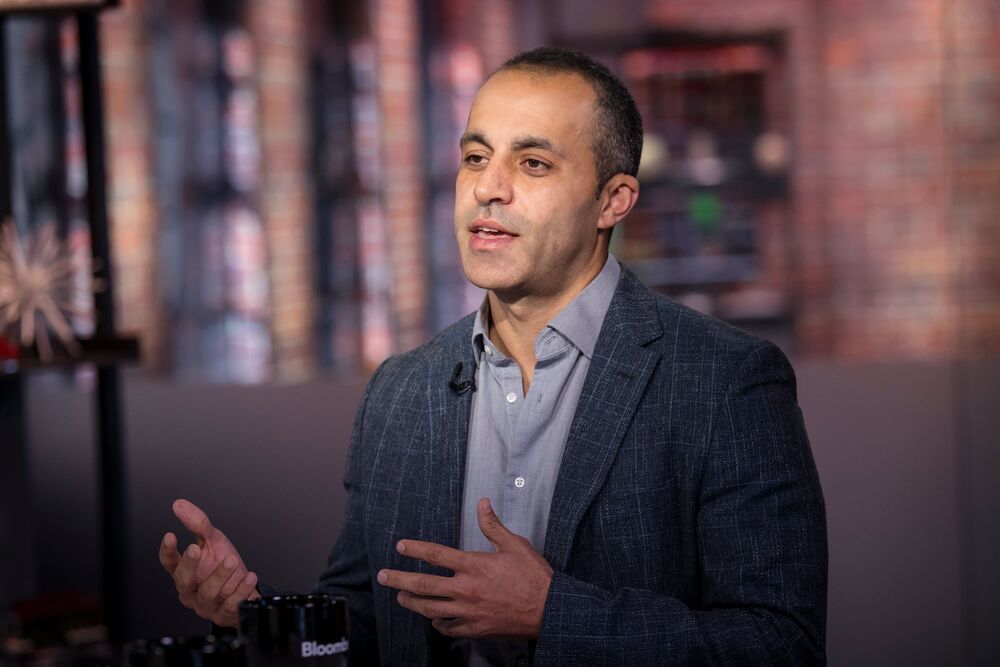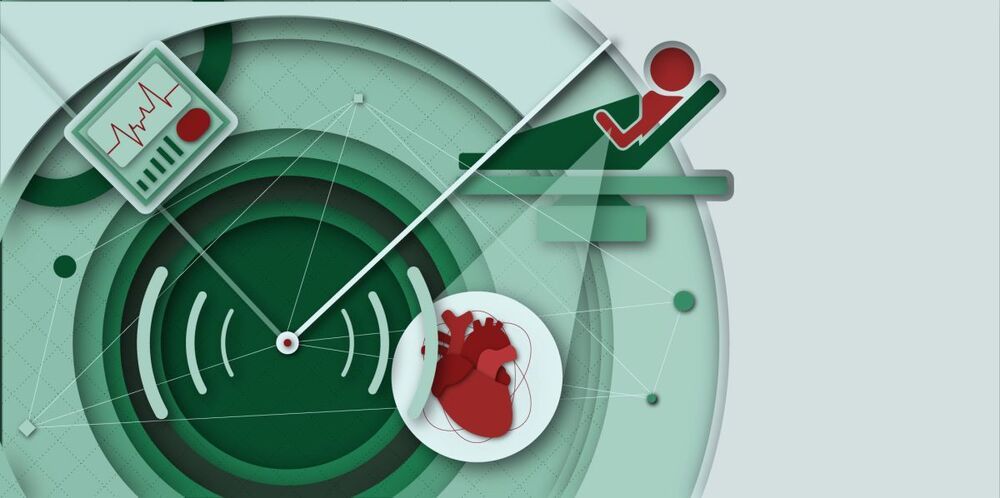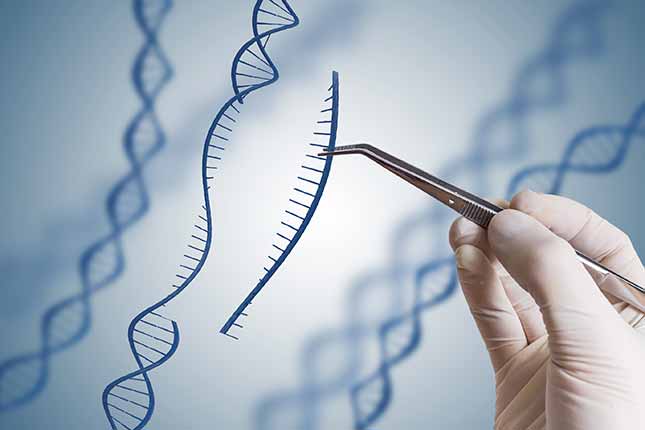When two sheets of graphene are stacked atop each other at just the right angle, the layered structure morphs into an unconventional superconductor, allowing electric currents to pass through without resistance or wasted energy.




Starship SN9 is continuing to wait for clearance from the Federal Aviation Administration (FAA) ahead of her test flight, with a launch date still up in the air. Although the overall schedule delay is relatively short, pent-up production cadence saw SN10 jump at the opportunity to roll down Boca Chica’s Highway 4 late last week.



This is the THIRD PART of the interview with Harold Katcher in Modern Healthspan YouTube channel.
Dr. Harold Katcher is a professor of Biology at the University of Maryland. He has been a pioneer in the field of cancer research, in the development of modern aspects of gene hunting and sequencing. He carries expertise in bioinformatics, chronobiology, and biotechnology. Dr. Katcher is currently working in the capacity of Chief Technical Officer at Nugenics Research exploring rejuvenation treatments in mammals.
In May 2020 there was a paper published on biorxiv about the rejuvenation of rats by over 50%. We did a review of the paper which you can find linked to above. In this interview series we talk with Dr. Harold Katcher, one of the main authors of the paper about the experiment, the steps to get validation, commercialization and how the results fit into his theories of aging.
In this video we talk about the next steps towards commercialization and how the treatment that is being developed from this research will be made available. Dr. Katcher is very optimistic with a view that the treatment should be on the market within a few years.
The paper can be found here https://www.biorxiv.org/content/10.1101/2020.05.07.082917v1.full.
If you would like to support our channel, we’d love a coffee…thank you!

University of Stuttgart researchers developed a particle-based imaging approach that enables the spatially and temporally resolved investigation of vastly different systems such as ground-state samples, Rydberg ensembles, or cold ions immersed in quantum gases.
The microscope features an excellent time resolution allowing for both the study of dynamic processes and 3D imaging. In contrast to most quantum gas microscopes, this imaging scheme offers an enormous depth of field and is, therefore, not restricted to two-dimensional systems.
The researchers plan to use their new and powerful tool to extend our studies of cold ion-atom hybrid systems and intend to push the collision energies in these systems to the ultracold regime. Using Rydberg molecules to initialize ion-atom collisions, they envision the imaging of individual scattering events taking place in the quantum regime.

Physicists have discovered a potentially game-changing feature of quantum bit behavior that would allow scientists to simulate complex quantum systems without the need for enormous computing power.
For some time, the development of the next generation of quantum computers has limited by the processing speed of conventional CPUs.
Even the world’s fastest supercomputers have not been powerful enough, and existing quantum computers are still too small, to be able to model moderate-sized quantum structures, such as quantum processors.